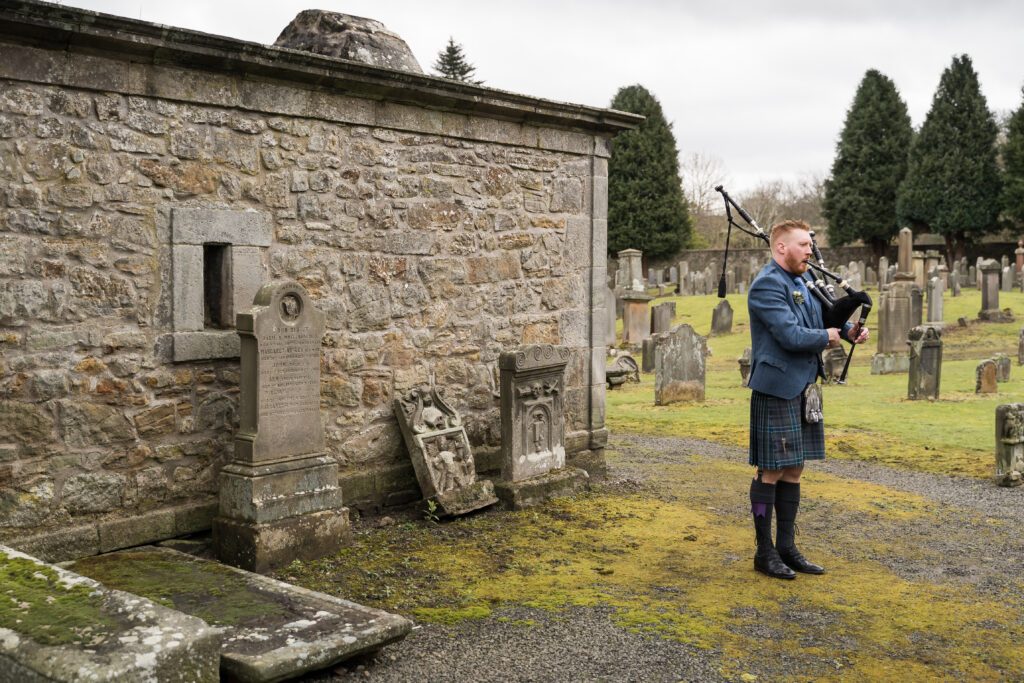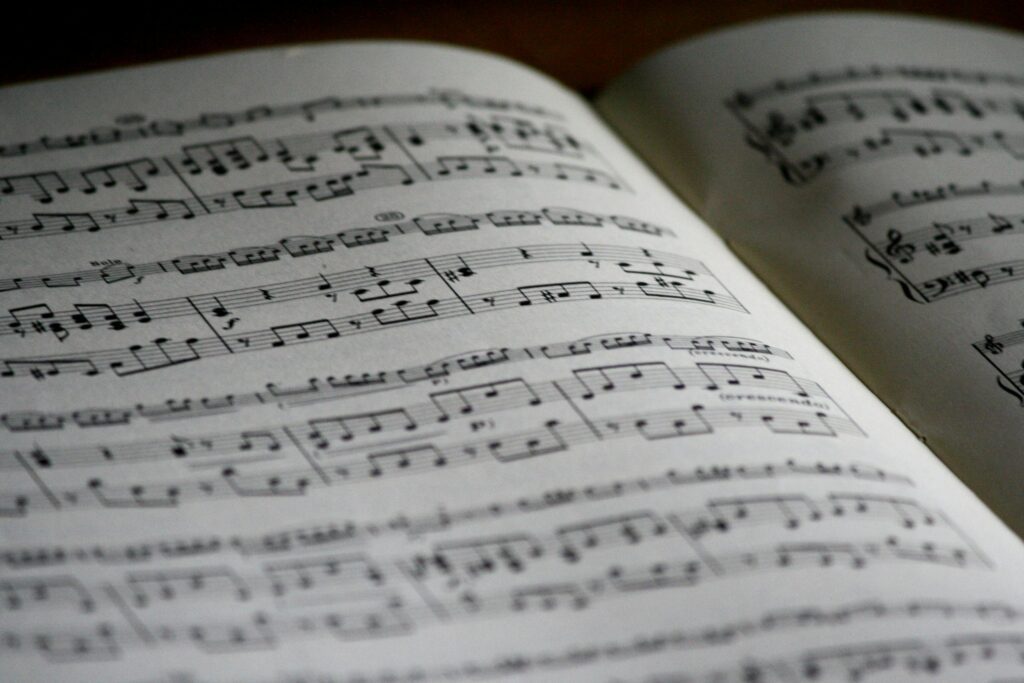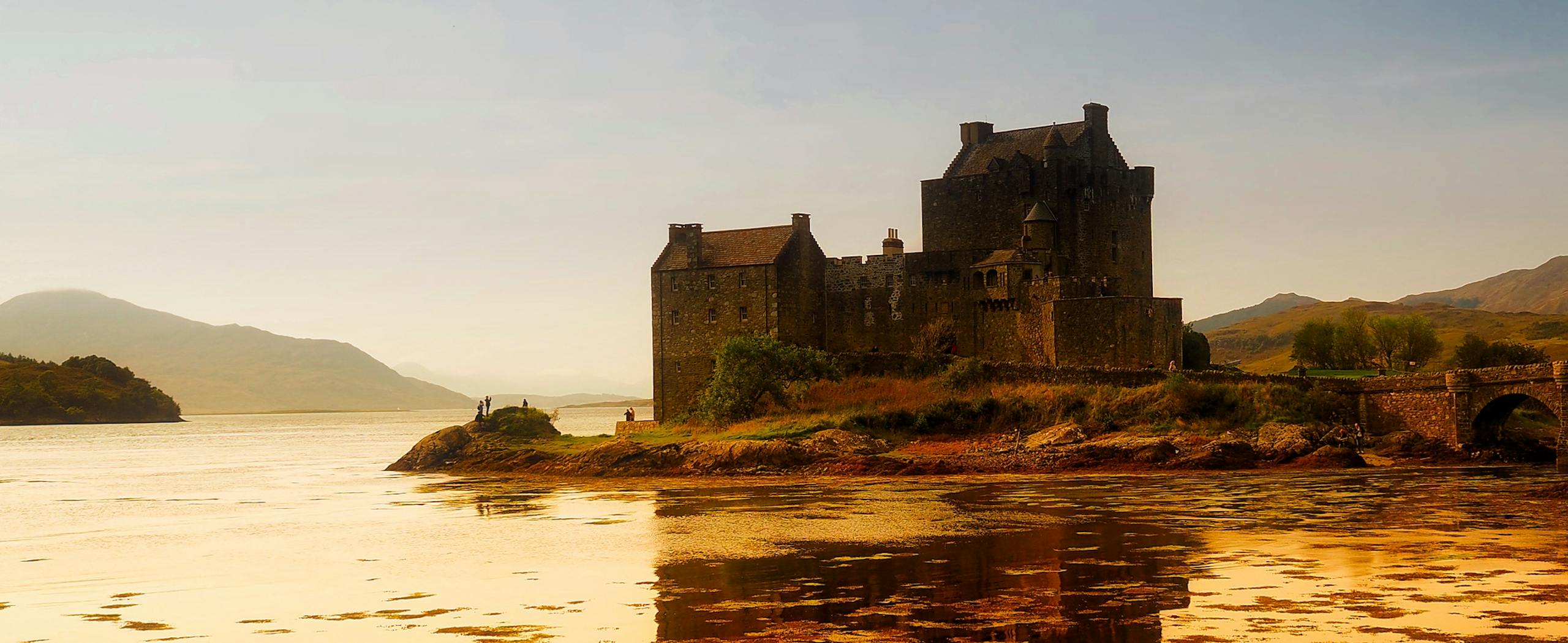The Ultimate Guide to Bagpipes at Funerals 2024
Funerals are a way to celebrate and honour the lives of our loved ones. Many cultures around the world have their unique way of celebrating the lives of those who have passed. In Scotland, Bagpipes have played an important part in funeral services and surprisingly, they’ve made their way across the world in many other countries funeral services.
But have you ever wondered how our unique instruments became so intertwined with our final farewells? Here at Forth Pipers, we’re all about learning as much as we can about the instrument we love, so read on and join us on a brief history of Bagpipes at Funerals.
Funeral Bagpipes: Ancient Celtic and Scottish Traditions
The story of bagpipes at funerals begins long ago in the highlands of Scotland. These Celtic lands have a rich tapestry of funeral customs, and bagpipes have been a part of that fabric for over a millennium. The pipes have been sending off the departed since before William the Conqueror set foot in England.
In ancient Celtic society, bagpipes were more than just musical instruments. They were believed to have the power to bridge the gap between the world of the living and the realm of the dead. The otherworldly sound of the pipes was thought to guide the deceased’s soul on its journey to the afterlife.

From Battlefield to Graveside: Military bagpipe music
Bagpipes didn’t just stay in the realm of civilian funerals. The bagpipes have always played a huge part in Scottish and subsequently, British military life. Their nickname was the “War Pipes”, helping stir the regiments of Scotland into battle. Scottish clans and later, Scottish regiments in the British Army, used bagpipes not only to rally troops in battle but also to honour fallen soldiers.
This military connection is crucial to understanding how bagpipes became a symbol of honour and remembrance.
Bagpipes Go Global: Adoption in Military and Civilian Funerals Worldwide
Fast forward to the modern era, and we see bagpipes have truly gone global. They’re no longer confined to Scottish or Irish funerals. From military ceremonies in the United States to civilian services in Australia, bagpipes have become a universal symbol of respect and remembrance.
The use of bagpipes at funerals greatly boosted after World War I and II. As soldiers from around the world fought alongside Scottish regiments, they were deeply moved by the pipe ceremonies for fallen soldiers. Many of them brought this tradition back to their home countries, spreading the custom far and wide.
Today, whether you’re at a small countryside chapel or a large cemetery, hearing “Amazing Grace” played on the bagpipes is almost expected at many funerals. It’s a testament to the enduring power of this ancient instrument to convey emotions that words often fail to express.
So, the next time you hear those plaintive notes at a funeral, remember – you’re not just listening to music. You’re experiencing a tradition that spans centuries and continents, a sound that has comforted mourners and honoured the departed for generations – something which Forth Pipers has been providing for over 30 years.
Popular Funeral Bagpipe Entrance Music
When it comes to bagpipe funeral music, certain melodies have stood the test of time, becoming beloved choices for those seeking to honour their departed loved ones. Let’s explore some of the most popular bagpipe songs that have been bringing comfort and stirring emotions at funerals for generations.
“Amazing Grace”: The Quintessential Funeral Bagpipe Song
If there’s one song that’s synonymous with bagpipes at funerals, it’s “Amazing Grace.” This spiritual powerhouse has been tugging at heartstrings since the 18th century, but its marriage with bagpipes? That’s a more recent love affair!
The bagpipe rendition of “Amazing Grace” gained worldwide fame after the Royal Scots Dragoon Guards recorded it in 1972. Their version topped the charts globally, and suddenly, everyone wanted to hear those soul-stirring notes at funerals.
Why is it so popular, you ask? The song’s message of redemption and hope, combined with the mournful yet uplifting tones of the bagpipes, creates a perfect emotional storm. It’s a perfect selection for Bagpipes at Funerals.
“Flowers of the Forest”: A Traditional Scottish Lament
If you’re looking for a traditional Scottish tune, “Flowers of the Forest” is a great choice. This beautiful melody dates back to the 16th century and was originally composed to mourn the Scottish soldiers who fell at the Battle of Flodden in 1513.
When you hear “Flowers of the Forest” at a funeral, you know it’s time to reflect on the loss and remember the departed. It’s so revered that, it’s traditionally only played at funerals or on Armistice Day.
“Going Home”: A Comforting Melody for the Departed
“Going Home” wasn’t originally written for bagpipes, or even as a song! It’s based on the Largo movement from Antonín Dvořák’s New World Symphony. It works beautifully on the pipes.
This melody has a serene, almost dreamlike quality that many find comforting in times of grief. Its title and peaceful tone produce images of the deceased finding rest and tranquillity. When played on bagpipes at funerals, “Going Home” seems to whisper, “It’s okay, they’re at peace now.”
“Highland Cathedral”: A Modern Classic for Memorial Services
Last but not least, we have “Highland Cathedral.” Now, don’t let the word “cathedral” fool you – this tune isn’t as ancient as it sounds. It was composed in 1982 by German musicians Ulrich Roever and Michael Korb.
Despite its relatively recent origin, “Highland Cathedral” has quickly become a modern classic in the world of bagpipe music. Its majestic, uplifting melody makes it a popular choice for those who want their loved one’s funeral to feel more like a celebration of life than a sombre occasion.
Often played at high-profile events and royal ceremonies, “Highland Cathedral” brings a touch of dignity and grandeur to any memorial service.
Whether you choose the timeless grace of “Amazing Grace,” the traditional sorrow of “Flowers of the Forest,” the peaceful tones of “Going Home,” or the majestic notes of “Highland Cathedral,” bagpipes at funerals offer a unique way to bid farewell. These songs don’t just play notes; they tell stories, evoke memories, and help us express those complex emotions that come with saying goodbye.
The Emotional Impact of Bagpipe Music at Funerals
There’s something about the sound of bagpipes that can make even the toughest person reach for a tissue. But why is that? Let’s dive into the emotional depths of bagpipes at funerals and explore why this centuries-old tradition continues to move us in 2024.

The Psychology Behind the Pipes
You might be surprised to learn that there’s actual science behind why bagpipe music is so powerful. Psychologists have found that the unique tonal quality of bagpipes can trigger a range of emotional responses in listeners. The reason: it’s all about frequencies!
The drones of bagpipes produce low-frequency sounds that we can feel in our bodies. This physical sensation, combined with the higher melodic notes, creates a full-bodied auditory experience that’s hard to ignore. It’s like the music is giving you an emotional bear hug.
Moreover, the slight dissonance in bagpipe music – that is, the combination of harmonious and slightly clashing tones – mirrors the complex, often conflicting emotions we feel during times of grief; bagpipes at funerals help to provide the perfect ambience.
Bagpipe Funeral Customs Around the World
You might think bagpipes at funerals are strictly a Scottish tradition. Well, just as Scottish traditions like wearing Kilts at Weddings have managed to make their way around the globe, bagpipes have also made their way around the world, helping people say farewell in some unexpected countries.
From Motherwell to Melbourne, through unexpected corners of the world, let’s explore how different cultures have embraced our Great Highland Bagpipe around the world.
Scottish and Irish Funeral Traditions
Let’s start where it all began. In Scotland and Ireland, bagpipes have been serenading the departed for centuries. Here’s how we do it:
Scottish Traditions:
– The piper often leads the funeral procession, playing laments like “Flowers of the Forest.”
– At the graveside, it’s common to hear “Amazing Grace” or “Highland Cathedral.”
– Some clans used to have specific piobaireachd (classical bagpipe music) played for fallen chiefs.
Fun fact: In some Scottish traditions, the bagpipes play as the coffin is lowered, then fall silent. The silence is said to allow the deceased’s spirit to pass on, guided by the echoes of the pipes.
Irish Traditions:
– Irish wakes often feature uilleann pipes (Irish bagpipes) playing sorrowful airs.
– The song “Danny Boy” is a popular choice, despite its relatively recent origin.
– In some regions, pipers play from sunset to sunrise during the wake.
Here at Forth Pipers, it’s not uncommon for us to get requested to play a favourite tune of the deceased. Imagine hearing your Grandad’s beloved “Scotland the Brave” one last time.
We’ve had some slightly more unusual requests over the years like quick jigs and hornpipes, which of course, we’re more than happy to oblige. Let us know if you have any specific tune requests and we’ll see what we can do.
Military Funeral Protocols: Pipes and Drums of Honour
Now, let’s march into the world of military funerals. Many armed forces around the globe have incorporated bagpipes into their memorial services:

United States:
– The U.S. Army, Navy, Air Force, and Marine Corps all have pipe bands.
– “Amazing Grace” is often played, followed by “Taps” on the bugle.
Canada:
– The Royal Canadian Mounted Police have a proud tradition of pipe bands at funerals.
– They often play “Flowers of the Forest” during the service.
Australia and New Zealand:
– Both countries’ defence forces use bagpipes in military funerals.
– The “Last Post” is often combined with bagpipe laments.
A touching tradition: In many military funerals, a single piper will play from a distance, creating a haunting effect as the notes drift over the ceremony.
Bagpipes Beyond Borders: Unexpected Piping Traditions
Hold onto your sporrans, because bagpipes have travelled to some surprising places! Let’s look at some customs bagpipes at funerals have been utilised:
Spain:
– In Galicia, they use their version of bagpipes called gaitas in funeral processions.
– The tune “A Marcha do Anterro” is a traditional Galician funeral march.
Italy:
– In Southern Italy, the zampogna (Italian bagpipes) sometimes make an appearance at funerals.
– They’re more common during Christmas, but some regions use them to play mourning tunes.
India:
– Believe it or not, bagpipes found their way to India during British colonial times.
– Some Indian regiments have kept the tradition and use bagpipes in military funerals.
Brazil:
– In some parts of Brazil with strong Scottish immigrant heritage, bagpipes have been incorporated into local funeral customs.
– They often play a mix of traditional Scottish tunes and Brazilian music.
A multicultural note: In these diverse settings, bagpipes often play alongside local instruments, creating unique funeral soundscapes that blend cultures and traditions.
The Universal Language of Mourning
What’s fascinating about all these traditions is how the bagpipes seem to transcend cultural boundaries. Whether it’s a Highland piper playing “Amazing Grace” in Scotland, a Galician gaita mourning in Spain, or an Indian regiment honouring a fallen soldier, the pipes speak a universal language of honour, remembrance, and emotion.
In each of these traditions, the bagpipes serve a similar purpose: to express what words often cannot, to honour the deceased, and to provide a musical backdrop for grief and remembrance. It’s a testament to the power of this ancient instrument that it has found its way into funeral customs around the world.
So, the next time you hear bagpipes at funerals, remember: you’re not just listening to a Scottish tradition. You’re part of a global community that has found solace, honour, and expression in our top bagpipe tunes. It’s enough to make you feel connected to mourners across time and space.

Conclusion: The Timeless Appeal of Bagpipes at Funerals
As we’ve journeyed through the rich tapestry of bagpipes at funerals, from its ancient roots to its modern-day adaptations, one thing becomes crystal clear: the pipes continue to stir our souls in 2024, just as it has for centuries.
We’ve explored the history of this tradition, tracing its path from Scottish highlands to global celebrations of life. We’ve delved into the emotional impact of those soul-stirring melodies, understanding how the unique sound of bagpipes can unlock our grief and provide a cathartic release.
But why, in our fast-paced, ever-changing world, do bagpipes remain such a powerful presence in our farewell ceremonies? Perhaps it’s because, in those mournful yet uplifting notes, we find a connection to something greater than ourselves. The pipes speak a universal language of honour, remembrance, and the bittersweet beauty of life’s journey.
As we look to the future, it’s clear that bagpipes will continue to play their part in our final farewells. Whether it’s a traditional rendition of “Amazing Grace” at a graveside, a personalised melody streamed to mourners across the globe, or a yet-to-be-imagined fusion of old and new, the pipes will play on.
Whether we like to think about it or not, funerals are a big part of life, something which we all share around the world. As pipers, we help provide families and loved ones with a touching final farewell. Please don’t hesitate to get in touch with us here at Forth Pipers and we can help guide you through options for our Bagpipe services during your loved one’s funeral service.


